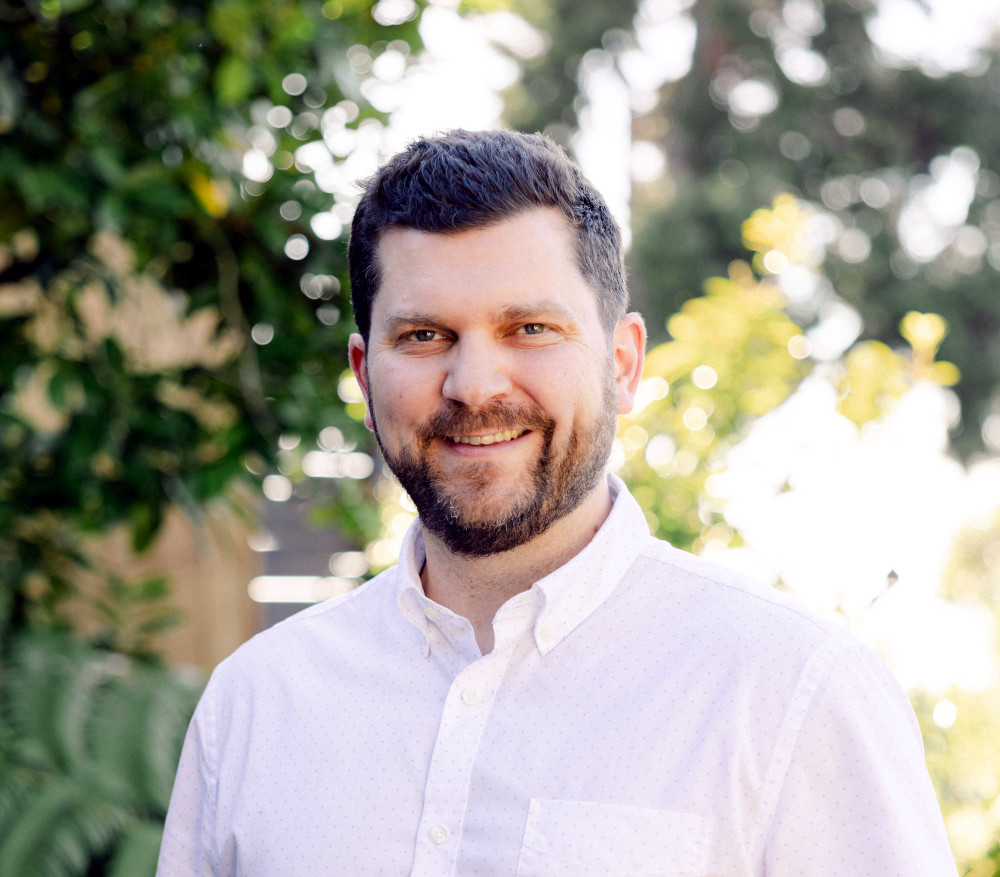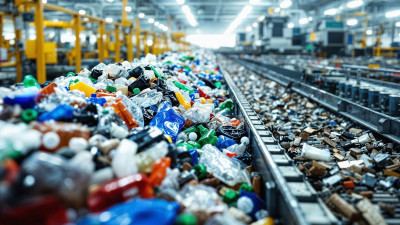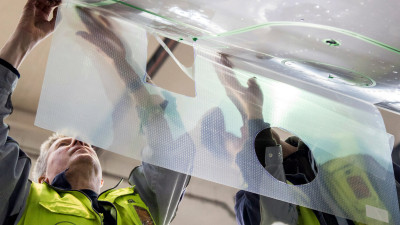India-based social enterprise Spring Health has announced plans to join the Business Call to Action (BCtA) and provide safe drinking water to two million customers in rural India by 2017 to improve the health outcomes of more than five million people in Eastern India by 2019.Spring Health is the Indian counterpart of US-headquartered Windhorse International, founded by entrepreneur Paul Polak with Indian partner Jacob Mathew and CEO Kishan Nanavati.
Social Enterprise Using Low-Cost Kiosks to Provide Drinking Water in Rural India
India-based social enterprise Spring Health has announced plans to join the Business Call to Action (BCtA) and provide safe drinking water to two million customers in rural India by 2017 to improve the health outcomes of more than five million people in Eastern India by 2019.
Spring Health is the Indian counterpart of US-headquartered Windhorse International, founded by entrepreneur Paul Polak with Indian partner Jacob Mathew and CEO Kishan Nanavati.
With an estimated 80 percent of rural India lacking access to safe drinking water, the company has an innovative model designed to provide a low-cost delivery system through a chain of safe water kiosks. To meet the needs of the rural population, Spring Health uses liquid chlorine to disinfect water at the point of distribution and sells to rural consumers at affordable prices. The company uses a motorcycle-based distribution system to deliver liquid chlorine for treating water in tanks constructed outside of existing shops in rural communities. Local shop owners share revenue with Spring Health by managing the sales and distribution to local residents.
The company is working to bridge the gap in affordable water and sanitation, which many residents in the region are facing. It is also exploring plans to expand its business model once its pilot program is completed.
Spring Health has developed a profitable and sustainable last-50-meter distribution system that reaches out to small villages. Employees are deployed by motorcycle from a central electro-chlorination plant with provisions to purify water for up to six villages each. They also provide cargo space for a whole range of other products that will be included in the second phase of Spring Health’s rollout and meet critical needs, from lighting and energy to hygiene and nutrition. In the third phase, the same motorcycles will carry products made in the villages back to cities in an effort to enhance livelihoods and generate income at the village level.
The company recently announced expansion plans to further meet communities’ needs in Odisha, India. In the next few months, Spring Health, which currently serves over 100,000 customers in 200 villages, will begin offering access to safe drinking water to an additional 100,000 customers across 100 new villages through funding from a US-based investor.
Earlier this week, Ghana-based technology provider Farmerline announced plans to join the Business Call to Action (BCtA) and help empower 500,000 small-scale farmers in West Africa to advance their livelihoods by accessing information that helps them to improve their harvests. The company also plans to provide a specialized mobile communication and data-collection platform to 5,000 development organizations and agribusinesses by 2019.
Two-thirds of the world's largest companies are reporting exposure to water risks, some of which have potential to limit growth, according to a report released earlier this month by CDP. The news comes amid mounting shareholder concern around the business impacts from water scarcity, accessibility and poor water quality. The report highlights that water pressures will be most keenly felt in emerging markets where companies see new opportunities for growth, such as Brazil, China, India and Mexico.








